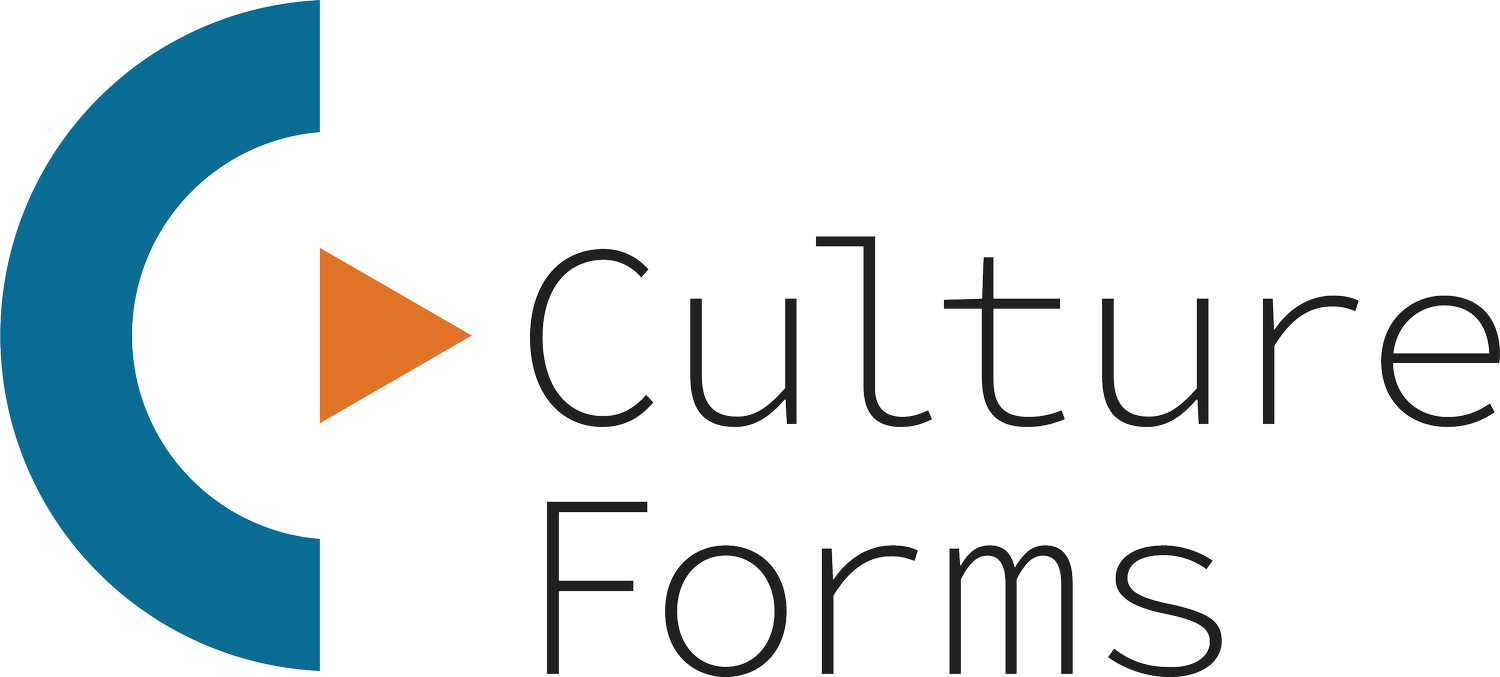On Remembering What We Need to Remember in Regular Doses
Spending the spring on fellowship at Yaddo allowed me to press pause on my work with individuals and organizations, and I’ve spent the last several weeks re-opening Culture Forms HQ. It’s been interesting to see what thoughts grew while I was gone and what’s easier to adjust with renewed perspective. As ever, I ask, myself what can be different, what can grow for the better.
Being in a new creative community, I was reminded that trust and community-building require time & intention. They also require curiosity and a willingness to ask—and address—how communities and cultures change (as they constantly do). This is an insight I had years ago that was central to developing the Culture Forms model.
What became more apparent to me by stepping away from day-to-day operations was this: although trust and community-building are among the most vital resources a team or organization can choose to invest in, they are often the last priorities to be funded. Nonetheless, the fact is, no matter what you want to call it—trust, community, adaptive culture work—it’s a quality that needs to be known and in place in order to lead diversity, equity, and inclusion work with care and responsibility.
I’m still learning ways to invite people into the work I do. I resist fear tactics, both because they don’t energize or motivate me and also because it seems manipulative to trade in conflict that inevitably arises everywhere—no community is immune to challenges.
I also know that if organizations grow or change quickly, it’s more common for them to stop aligning their actions with their highest values, at which point they often risk making the biggest mistakes any group can make in culture work: assuming there is trust in place instead of regularly attending to the art of its structures and maintenance.
While aspects of the work I lead can be fun, I also don’t want to make it all sound like roses; it is simultaneously simple and complex—and at moments, quite challenging. I prefer to work with teams that have the foresight to pay attention to the phenomena of trust and culture work proactively. (There’s no single time to begin this work, but anytime other than during a crisis is preferable for all parties.)
Culture Forms is a practice built on the premise that creativity can be useful in various contexts: to forge greater trust and senses of community; to improve the everyday experiences in your workplace; and to help you form the life you want to live as life changes. These ideas center The Syllables of Work and Life, a nonfiction book in process that I worked on during the residency.
It doesn’t take as much time as you may think to build trust and community at your workplace, in your classroom, or with your neighbors. It doesn’t take as much time as you may think to build a personal creative habit, either. But it takes more than nothing.
So what is something you might be able to do right now that could enhance a world you want to be a part of?
Even though I enjoy helping people and groups navigate change, I don’t always handle my own bouts of change gracefully, and it’s been useful to remember that I need these reminders too. Today I wrote down “I want to paint today.” I didn’t get to painting, but I talked with a friend from the residency about what failure means to each of us, I wrote a few lines of a poem, I walked several miles with friends, and remembered to wear a hat and sunscreen.
While I continue to work on Culture Forms writing projects, I’m taking on a few 1:1 clients and one or two organizations to work with this fall. Should you or someone you know need a boost, remember you can ask for help.
